Words We Use glossary
Use our Glossary to find key words and terms used throughout the Training Program.
If there are any updates or revisions needed, please let us know.
Updated: August 2022
Special | A | B | C | D | E | F | G | H | I | J | K | L | M | N | O | P | Q | R | S | T | U | V | W | X | Y | Z | ALL
R |
|---|
RevenueRevenue can include government grants, grants from nonprofit
organizations, municipal taxes, membership and program fees, cash
donations, money earned through fundraising events, etc. | |
S |
|---|
Social CapitalSocial capital is the value that comes from social networks, or groupings of people, which allow individuals to achieve things they couldn't on their own (University of Minnesota). For more information, try Robert Putnam's Social Capital Primer. | ||
Social MarketingSocial Marketing is about trying to change people's attitudes and behaviors for their benefit. | |
SocietiesSocieties are nonprofit organizations registered under an Act either territorially or federally. | |
SpacesSpaces
refer to areas designed and
built with the purpose of encouraging people to interact and recreate outdoors. For example, playgrounds, gardens, and
parks. | |
Special EventA Special Event is a one-time occurrence of an occasional recreation
activity or celebration (e.g. Kiki Karnival). Special events are often
associated with holidays, seasons or sporting events. | |
SportSport is a type of physical activity with rules and is often considered a
contest to determine a winner. In recreational sport, the emphasis is
more on participation and the development of fundamental movement and
sport skills. | |
T |
|---|
The Bench at CPRAThe Canadian Parks and Recreation Association's new online community is here—a place for the sector to meet, work and grow together. The Bench includes discussion groups, a resource library and events page. You can join discussion groups on topics including reopening, parks and open spaces and inclusion and accessibility, among others. | |
TRC Calls to ActionThe Truth and Reconciliation Commission (TRC) was set up as a component of the Indian Residential Schools Settlement Agreement. The TRC's mandate was to inform all Canadians about what happened in Indian Residential Schools (IRS) by documenting the truth of survivors, families, communities and anyone personally affected by the IRS experience. The 94 TRC Calls to Action are for all Canadians; 5 of these are specifically directed towards sports and reconciliation. | |
